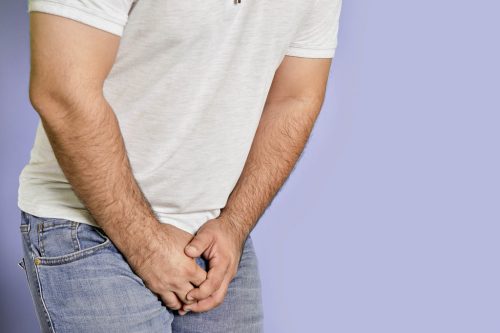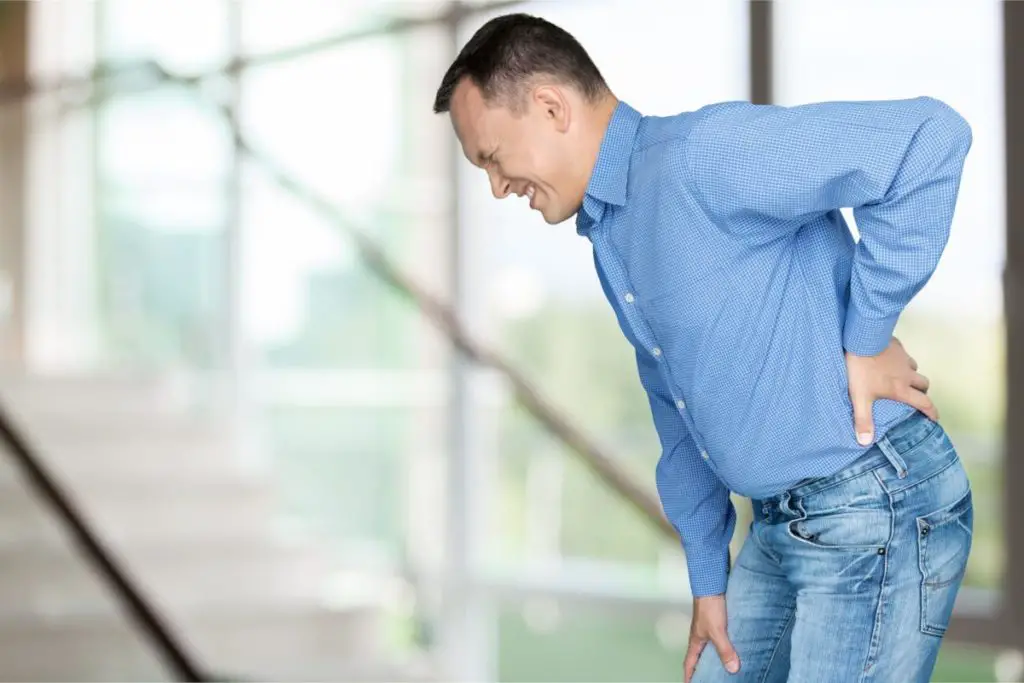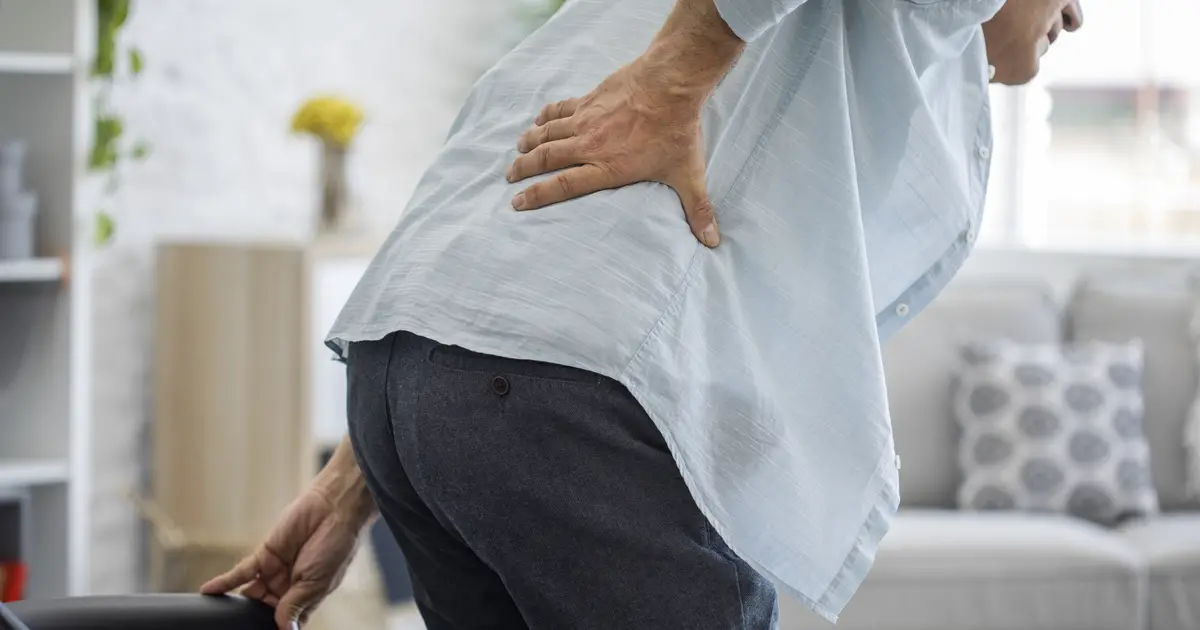Le back pain and the difficulties in urinate are two common problems that can be caused by a variety of different things.
In some cases they may not be serious, but in others they may be a sign of a more serious problem. It is important to know the difference so that you can benefit from the appropriate treatment.
In this article, we will discuss the causes and treatments of back pain and difficulties in urinate.
Spine Anatomy
La spine human is a complex structure that extends from the base of the skull to the pelvis. It is made up of 33 individual bones, called vertebrae, which are stacked on top of each other.
Between the vertebrae are small cushions called intervertebral discs, which act as shock absorbers. The spine is held in place by a series of muscles, ligaments and tendons.
La spine consists of three main sections: the cervical spine (neck), thoracic spine (upper back) and lumbar spine (lower back).
The bones in each section are different in size and shape, helping to evenly distribute body weight. The spinal cord passes through the center of the spine and is protected by the vertebrae. The spinal cord transmits messages from the brain to the rest of the body.
The anatomy of the spine is complex, but it plays an essential role in supporting and protecting the human body.
Urinary System Anatomy
The urinary system is responsible for filtering waste products from the blood and eliminating them from the body in the form of urine. It is composed :
- Kidneys
- Ureters
- From the bladder
- And urethra.
The kidneys are a pair of bean-shaped organs located in the lower back, just below the ribs. They remove waste from the blood and produce urine. Urine passes through the ureters, a pair of tubes that connect the kidneys to the bladder.
The bladder is a bag-like organ that stores urine until it is ready to be eliminated from the body. The urethra is a tube that carries urine from the bladder to the outside of the body. This system works together to filter waste products from the blood and eliminate them from the body in the form of urine.
Difficulty Urinating: Possible Causes
Many factors can lead to difficulties in urinate. Here are some of the most common causes:
- An enlarged prostate: The prostate is a gland that surrounds the urethra and helps produce semen. An enlarged prostate can put pressure on the urethra and make urination difficult. This is a common problem in older men.
- Urinary tract infection: A urinary tract infection (UTI) is an infection of the bladder, kidneys or ureters. Urinary tract infections are more common in women than in men. They can cause pain and burning during urination, as well as difficulty in urinate.
- Kidney stones : Kidney stones are small, hard deposits that form in the kidney. They can block the ureter and cause pain, difficulty in urinate and blood in the urine.
- Interstitial cystitis: Interstitial cystitis is a chronic condition that causes inflammation of the bladder. It can cause frequent and urgent urination as well as pain.
- cauda equina syndrome : Cauda equina syndrome is a rare but serious condition that occurs when the nerves at the base of the spine are compressed. This can cause weakness, numbness and pain in the legs, as well as difficulty in urinate.
If you have back pain or difficulty in urinate, it is important to consult a doctor so that he can determine the cause.
The severity of cauda equina syndrome
The syndrome equine tail is a rare but serious condition that affects the spinal cord. The spinal cord is a long, thin bundle of nerves that runs from the brain down the back.
Nerves equine tail are a group of nerves at the base of the spinal cord that control the legs and feet. When these nerves are compressed or damaged, it can lead to loss of sensation and paralysis in the legs and feet.
In some cases, the syndrome equine tail can also lead to incontinence, sexual dysfunction, and loss of bowel and bladder control. Cauda equina syndrome is a medical emergency that requires immediate treatment. If left untreated, it can lead to permanent disability.
cauda equina syndrome pathology
Le back pain is a very common symptom, especially in people over 50. It can have many different causes, ranging from a simple muscle strain to more serious conditions like cauda equina syndrome.
The cauda equina is a bundle of nerves located at the base of the spine which provides sensations and movements to the legs and feet. When these nerves are compressed or damaged, they can cause a range of symptoms, including pain, numbness, paralysis, and bladder dysfunction.
Cauda equina syndrome requires immediate treatment to avoid irreversible damage.
What to do ?
If you have difficulty in urinate, it is important to consult a doctor so that the cause can be determined. If you have an infection, you will need antibiotics.
If you have an enlarged prostate, you may need medication or surgery. If you have kidney stones, you may need to have them removed. Cauda equina syndrome is a medical emergency and requires immediate treatment.
Projects
- https://www.prevention-medicale.org/cas-cliniques-et-retours-d-experience/Tous-les-cas-cliniques/Chirurgien/douleurs-dorsolombaires-patient-difficulte-uriner
- https://www.lombalgie.fr/comprendre/la-lombalgie-symptomatique/#:~:text=C’est%20pourquoi%20vous%20devez,de%20la%20motricit%C3%A9%20des%20jambes
- https://www.lombafit.com/syndrome-de-la-queue-de-cheval/











